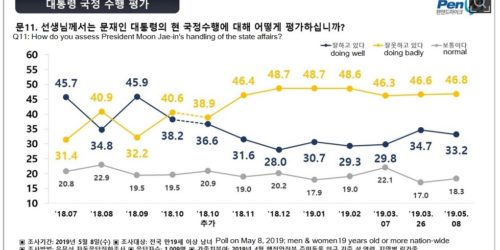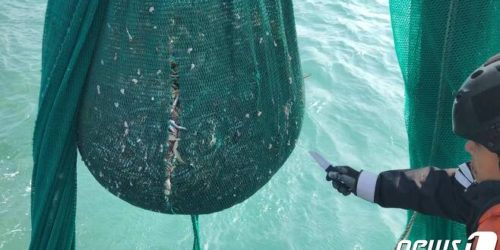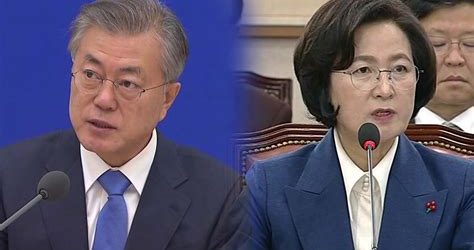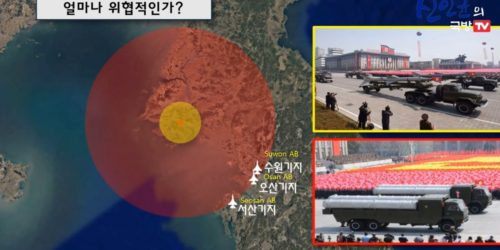South Korean Scientists Protest Treatment of University President Accused of Misusing Funds
2018-12-14, Nature (International Journal of Science), article by Mark Zastrow
The science ministry alleges that KAIST leader Shin Sung-Chul made illegal payments to a California lab, but many scientists see a political purge.
Researchers in South Korea have criticized the nation’s science ministry for its handling of an investigation into the president of the Korea Advanced Institute of Science and Technology in Daejon, the country’s top technical university.
The ministry alleges that Shin Sung-Chul misused public funds in his previous job at another university by making payments to Lawrence Berkeley National Laboratory (LBNL) in California. The payments were part of a deal in which scientists at South Korean universities were guaranteed access to one of LBNL’s imaging facilities, an X-ray microscopy beamline. The ministry has referred the allegations to prosecutors and requested that KAIST’s board of trustees suspend Shin when it meets on Friday.
Many scientists suspect that the allegations are part of a politically motivated attempt to remove Shin, who was hired under the previous administration. The call to suspend him seems to have been rushed and is based on insufficient evidence, they say. Researchers also say that the ministry has misconstrued a common practice in which institutions pay fees to use equipment at international facilities.
The ministry says the payments — 2.2 billion won (US$1.9 million) in total — were not part of a 2012 agreement between LBNL and the Daegu Gyeongbuk Institute of Science and Technology (DGIST), a publicly funded institute where Shin was president from 2011 to 2017 before taking over the presidency of KAIST. It says that these payments were therefore illegal. “There is no reason to pay for the use of the equipment, which is owned by [LBNL], and can be used for free with prior approval,” the ministry said in a 7 December statement.
The ministry says the alleged misuse was uncovered by its audit team. The allegations were first publicized by South Korean broadcaster SBS on 25 November, and characterized as an under-the-table deal. The ministry says that some of the 2.2 billion won were paid to one individual, a former student of Shin’s, and that this could constitute embezzlement. The ministry referred Shin’s case — and that of three other individuals involved in hiring the former student — to prosecutors on 28 November.
Shin refutes the allegations that he embezzled money. In an e-mail from KAIST sent in response to questions from Nature’s news team, Shin said that neither he nor DGIST was involved in any illegal activities or misconduct involving a double contract with LBNL, which is owned by the US Department of Energy (DOE). “The collaboration contract between two institutions was fully approved through all proper rules and regulations of the DOE and LBNL’s contracting processes,” he said.
Letters of support
On Monday, LBNL sent a letter to the ministry — seen by Nature — supporting Shin’s version of events. It says that the agreement was a customary approach to conducting collaborative research with international partners and that the reported allegations “contain significant errors in fact and in assumptions”. The letter also said there was no “dual contract” between LBNL and DGIST.
A petition in support of Shin, organized by the KAIST physics department — where Shin worked from 1989 to 2011 — was made public on Tuesday. As of Thursday morning, it had collected more than 810 signatures from researchers at South Korean institutions, including 257 signatures from KAIST academics.
The petition says that calls to suspend Shin lack due process because they are based on an ongoing investigation and unproven accusations. “There simply is not enough evidence to justify suspending him of his duties”, the petition states. It adds that KAIST’s board of trustees should reject the ministry’s request to suspend him. The ministry has “treated him like a criminal”, says one of the petition organizers, who requests anonymity because they fear retaliation from the government for speaking out.
Read more in English: https://www.nature.com/articles/d41586-018-07742-x





